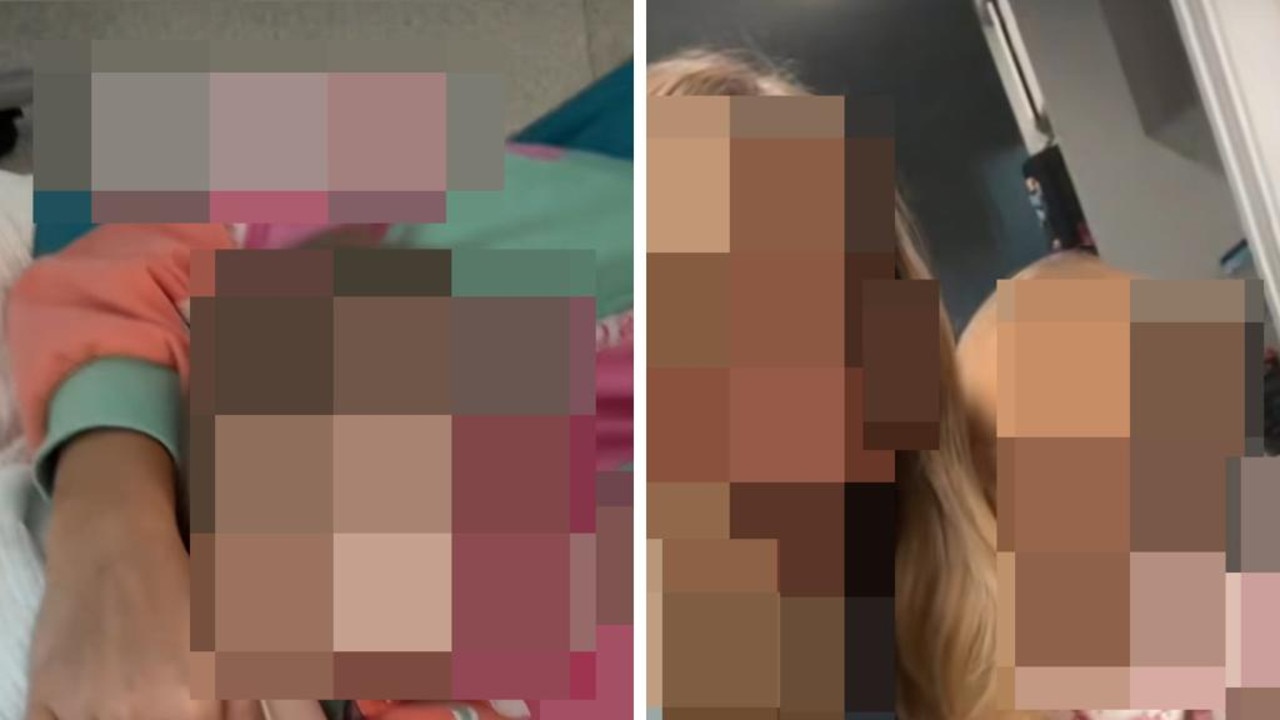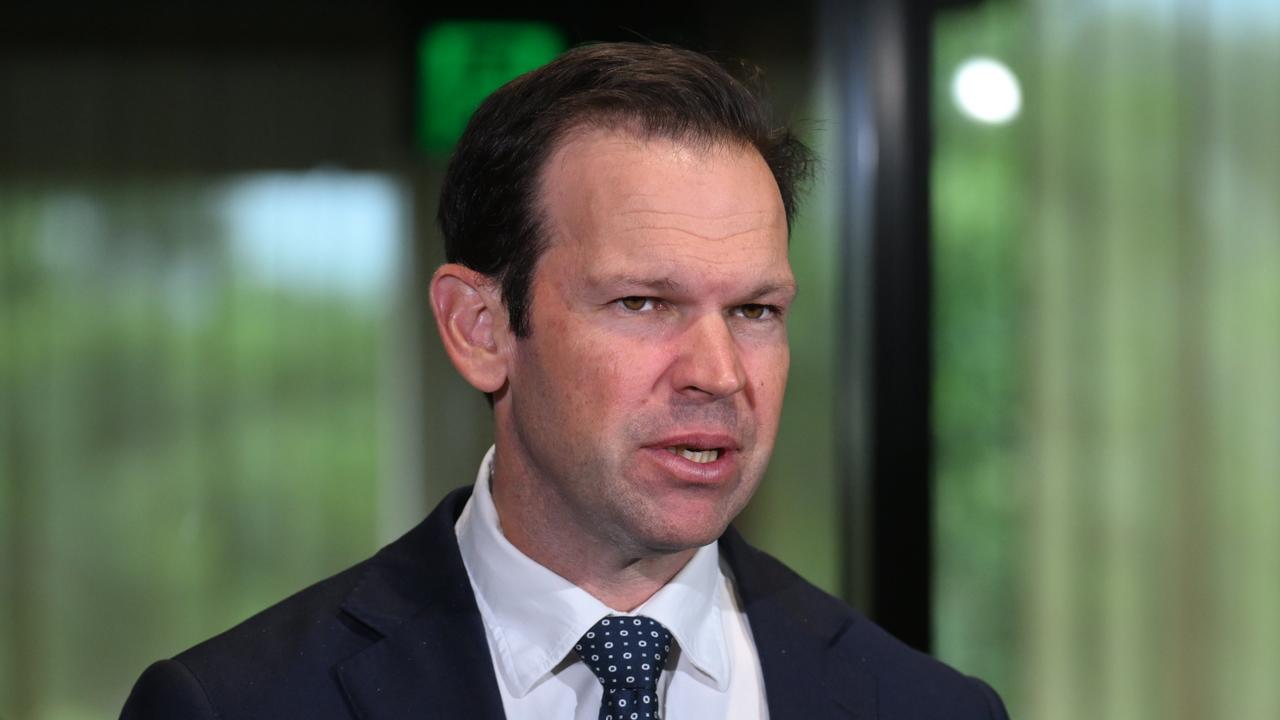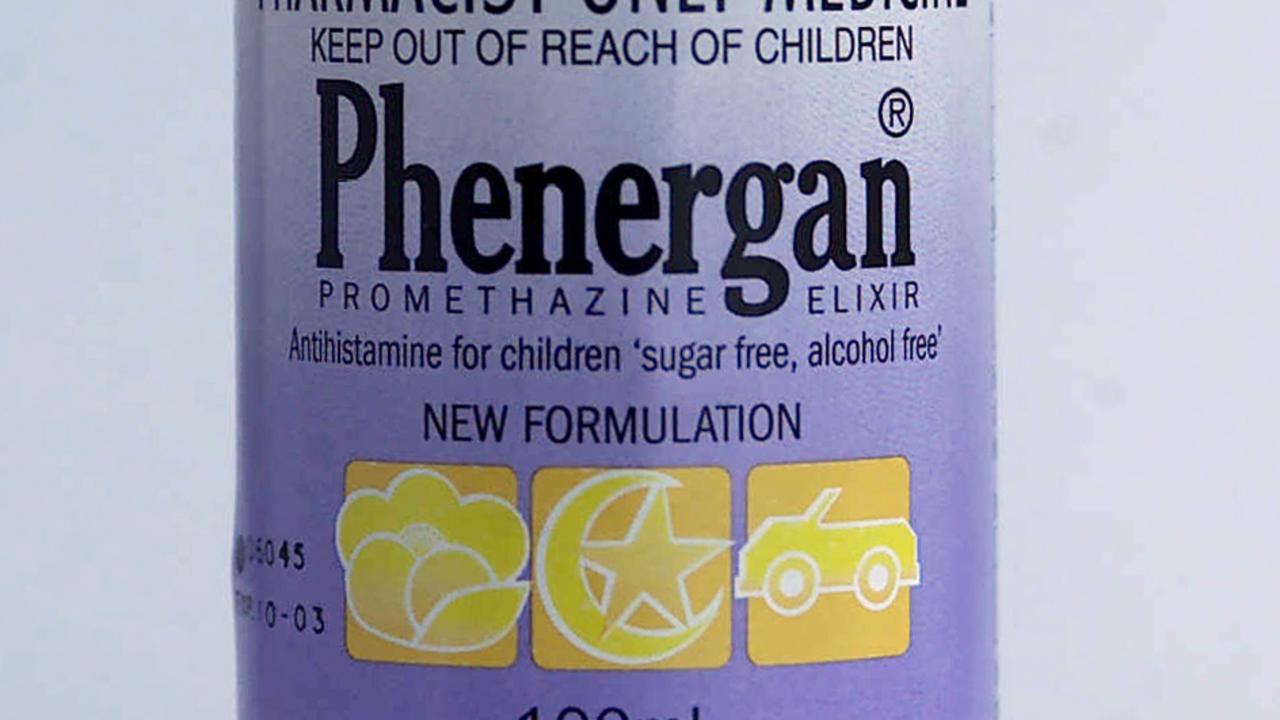A young woman reveals what living with HIV is really like
ABBY Landy is just 26 years old and is living with HIV. How did she find out she was infected? Through a sinister text message. This is her story.
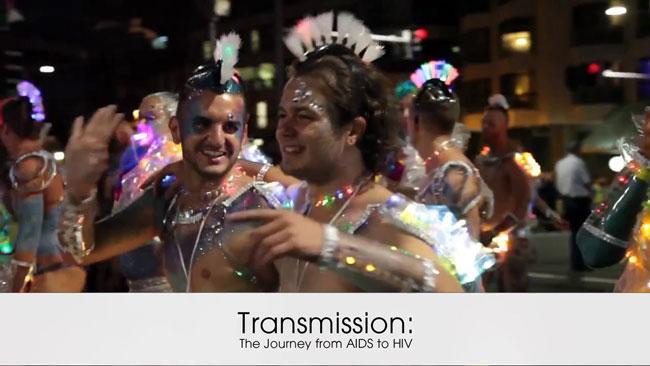
THE number of Australians diagnosed with HIV is at a 20-year high.
There are now more than 26,000 people living with the disease in Australia, according to the Kirby Institute’s Annual HIV Surveillance report. But about one in seven of these people do not know they have the virus because they have not been tested.
It’s believed 70 per cent of cases are due to unprotected sex between men, about 25 per cent were contracted through heterosexual sex and two per cent were through injecting drug use.
Abby Landy is one of those 26,000 people. The 26-year-old features in an upcoming documentary about young people living with HIV and AIDS in Australia. Abby found out she had HIV through a sinister text message from a man she dated briefly. This is her story.
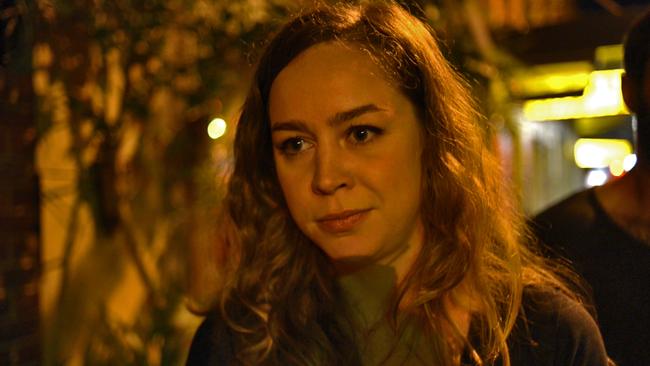
“I met this guy out one night and we had a casual relationship. We were seeing each other for a couple of weeks and after that initial period he became quite sexually aggressive. After that incident I wasn’t planning on speaking to him again.
Soon I had a really vicious breakout of cold sores. I’d never had a cold sore in my life before. I was mortified. It felt like the worst news, which seems silly now. I had a sexual health test and it all came back clear but over the next few weeks I became more and more unwell. I had nausea, aches and pains and a horrible rash that was spreading quickly.
I knew something was wrong a few days after the cold sore breakout because I just got more and more sick. I did lots of Googling and I knew that my symptoms were presenting as a classic seroconversion. That’s when the [HIV] virus starts to replicate in your blood. That’s when you go from being HIV negative to HIV positive. I’m really grateful I had those symptoms so I was able to identify it.
The guy [I had dated] was really persistent. He asked to have lunch and I was really uncomfortable. I said, ‘Look I don’t want to see you again’ and he sent me a text saying ‘I hope you at least remember me forever’.
I went to the doctor and asked for an HIV test. The doctor said, ‘It’s probably not necessary, being a heterosexual young female, the chances are slim’. I told her what the guy had said so she ordered the test and I got a call back about three days later asking me to come back in.
I was still really crook at this point and the doctor was really visibly distressed. She said, ‘I’m so sorry but it looks like you’ve contracted HIV’. It was the worst possible news I could possibly receive. My first response was, ‘Look, I don’t want to live with this’. I was really lucky that I had lots of family support. They were able to cushion me through that initial period of shock.
I saw a specialist and he laid down the facts. I said, ‘When am I dying? When does this mean?’ I had no idea of what it meant to have HIV in 2012. I assumed it was game over.
He said, ‘Look, it’s a really manageable chronic illness. You take a couple of pills a day. People live next to normal lives’. And that’s when I thought, ‘OK, life does continue’.
I moved back home to Wollongong to live with my mum because I was so unwell. And I was frightened for my safety. I did contact the guy but he was really resistant to give me any information. I sent him a text saying, ‘Did you know you were HIV positive when we connected?’ But I got a bunch of texts back from him saying, ‘That’s impossible, I’ve been to my doctor. It’s impossible I’ve given you AIDS. You’re a slut if you’ve been given this then it’s your own fault’. He’s never admitted it.
The only way I would ever pursue [legal action] is if another woman had been affected by the same man. If there were other people wanting to prosecute this guy and they needed my help I would fight it.
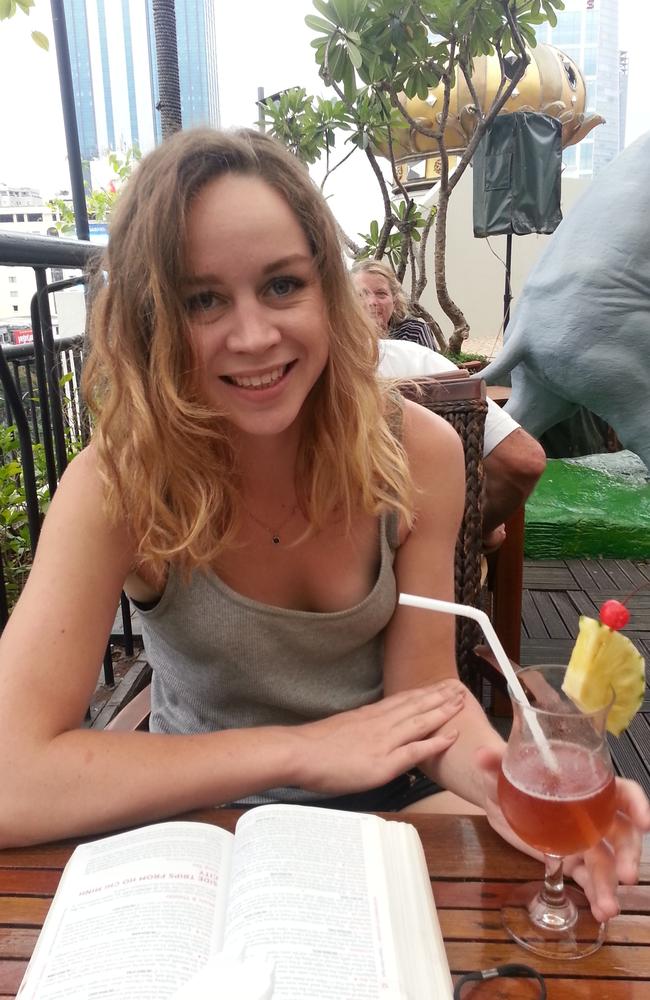
The positive support that I get from my family, that was a work in progress. For my parents it was such a shock. They were disappointed for what it meant for me and they were scared. HIV is unlike any illness in that it has this hideous stigma attached to it. You don’t see that with anything else. And that is what people are concerned about and that is the most damaging part of the virus, to be honest. The treatment is manageable, but the stigma is huge.
I don’t believe I have been victimised as a result of my status. People have their opinions and that’s fine but I haven’t been discriminated against. I don’t have any horror stories.
People assume, ‘If you’re not black or a gay man then you must be a slut’. But I think the reason I have avoided a lot of the discrimination a lot of people with HIV and AIDS face is because I’m really open about it. I’m really unapologetic. I’m not ashamed. It is what it is. I think the way you present it goes a long way to how people will react to you.
I’m not in a relationship at the moment. It hasn’t been an issue [in my past relationships]. I’ve been really surprised by how accepting and willing people are to put up with this virus. I’m really public with my status and I do a lot of work in the health sector. If you know me at all it’s something that you’re already going to know about anyway. If you’re close enough to me to be getting to the point where we’re dating then you already know [that I have HIV].
With modern treatment my viral rate is undetectable which means I’m very unlikely to transmit. Female to male transmission is very uncommon. It’s much more difficult for a woman to give HIV to a man than it is for a man to give it to another man. Kissing isn’t an issue. HIV isn’t transmitted through saliva. It’s through bodily fluids — so blood, semen, vaginal fluids and breast milk.
I think a lot of people think that HIV is not something that can affect them. Young people in particular are so complacent when it comes to STIs. They don’t get checked regularly and think an STI can be fixed with a round of antibiotics. But that’s just not the reality.
There is a lot of ignorance and people are reckless. No one is in regular patterns of getting checked. It’s really scary. You just have to look at rates of other STIs [such as chlamydia and gonorrea], which are skyrocketing and they’re much more widely tested. The number of unreported cases are probably much higher.
HIV doesn’t affect me on a day-to-day basis. My health is the same as always. I take two pills a day and that’s the only effect is had on me physically. It’s not what you expect when you hear that someone has HIV. Living with HIV has a minimal impact on your life unless you choose to make it that way.”
Abby stars in an upcoming documentary about HIV and AIDS in Australia, called Transmission: The Journey from AIDS to HIV. It premieres in cinemas on Wednesday November 19. To purchase a ticket, visit queerscreen.org.au.


